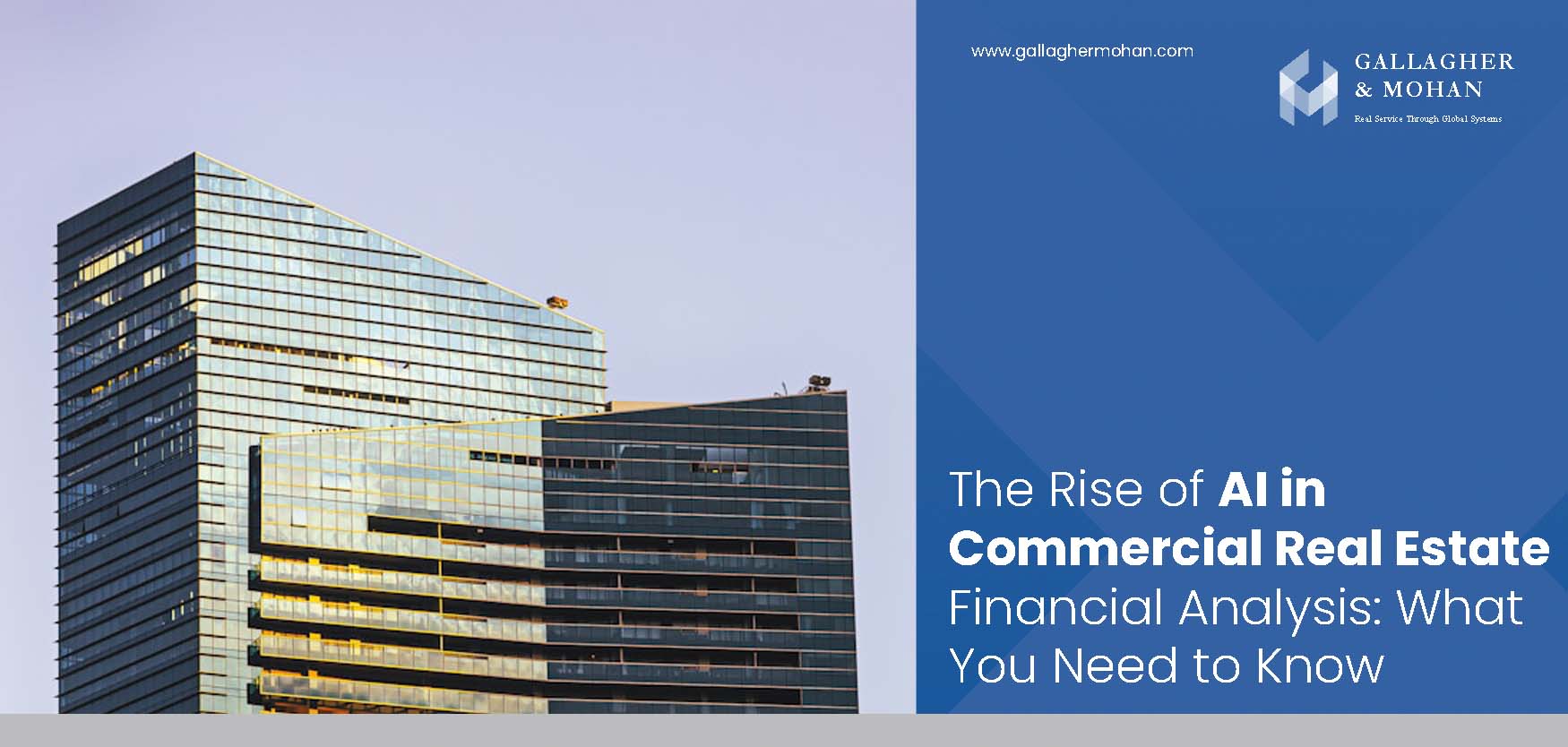01 July 2024
The Future of Real Estate Accounting: Embracing Outsourcing for Better Results
In the last twenty years, the journey of finding a home has transformed drastically. Gone are the days of poring over newspapers and neighborhood strolls; today, technology not only aids in finding properties but also revolutionizes how real estate accounting operates. This article delves into the various technological innovations reshaping the landscape of real estate accounting and management. We'll examine the tools driving accuracy, speed, and strategic insight in this dynamic industry.
Technological Innovations Revolutionizing Real Estate
Technology is redefining every facet of real estate, from acquisition and management to valuation and sales. Here are some key technologies leading this transformation:
Predictive Analytics
Utilizing advanced statistical techniques, predictive analytics forecasts future trends and outcomes based on historical data and real-time insights. In real estate, this means predicting property values, rental yields, and market demand. These insights empower professionals to make informed decisions, enhancing strategic planning and investment outcomes.
Advantages:
- Enhanced investment decision-making
- Improved pricing strategies
- Efficient allocation of resources
- Deeper understanding of market trends
Internet of Things (IoT)
IoT transforms buildings into interconnected ecosystems where smart devices like thermostats and security systems optimize property management. This connectivity enables real-time monitoring, enhancing energy efficiency, security, and tenant satisfaction.
Advantages:
- Enhanced tenant experience and retention
- Reduced operational costs
- Improved property security
- Increased energy efficiency
Also Read: Financial Analysis & Accounting Best Practices for Lodging and Hotels
Business Intelligence
Business intelligence tools process vast amounts of data to provide actionable insights. In real estate, these tools identify trends, understand market dynamics, and support data-driven decisions for better profitability and operational efficiency.
Advantages:
- Data-driven decision-making
- Improved operational efficiency
- Enhanced customer targeting
- Better risk management
Cloud-Based Accounting Software
Cloud-based solutions provide real-time access to financial data, facilitating efficient management of finances anywhere, anytime. These platforms streamline accounting processes like transaction management, budget tracking, and financial reporting.
Advantages:
- Enhanced financial transparency
- Improved accessibility and collaboration
- Reduced IT costs
- Streamlined financial processes
Artificial Intelligence (AI) and Machine Learning
AI and machine learning enhance data analysis, predictive modeling, and personalized property recommendations. These technologies support informed decision-making and operational efficiencies across real estate operations.
Advantages:
- Enhanced data-driven decision-making
- Improved customer service
- Efficient property management
- Predictive maintenance and cost reduction
Virtual Reality (VR) and Augmented Reality (AR)
VR and AR revolutionize property marketing and viewing experiences through immersive virtual tours. These technologies enable potential buyers to visualize properties in engaging ways, reducing the need for physical tours.
Advantages:
- Innovative property showcasing
- Enhanced remote viewing experiences
- Improved buyer engagement
- Time and cost savings on physical tours
Also Read: The Future of Real Estate: Trends and Insights for Agents and Brokers
Blockchain Technology
Blockchain ensures secure and transparent real estate transactions, transforming property ownership, transfer, and management processes. It enhances transaction speed, reduces fraud, and improves trust among stakeholders.
Advantages:
- Increased transaction security and transparency
- Streamlined transaction processes
- Reduced fraud risk
- Improved record-keeping and data integrity
Embracing Technological Advancements
The convergence of technology and real estate accounting is not a passing trend but a transformative wave reshaping the industry. Companies like EXO Edge are pioneering cutting-edge tools that set new standards for accuracy and accessibility in property management. As these innovations continue to evolve, they promise unprecedented transparency, efficiency, and connectivity in real estate operations.
Conclusion
The future of real estate accounting is intricately woven with technological advancements that promise to elevate industry standards. Embracing these innovations will be crucial for staying competitive and meeting the evolving needs of the market. As we move forward, integrating these technologies will pave the way for a more efficient, transparent, and interconnected real estate ecosystem.



